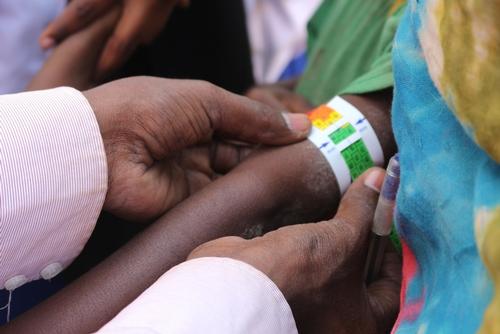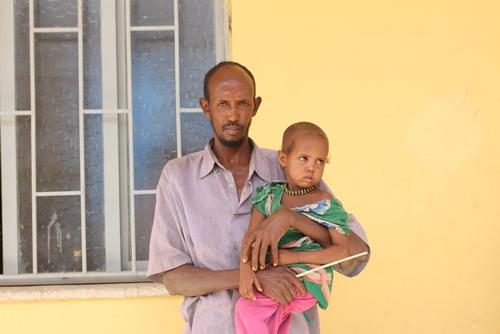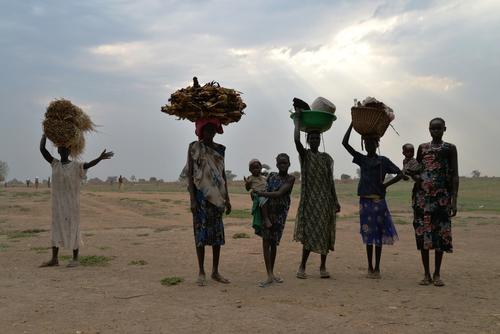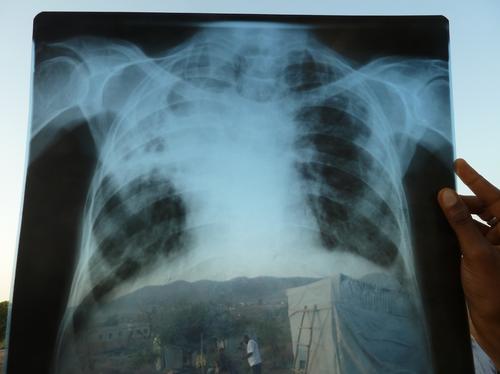In recent months MSF has been conducting nutritional assessments in Ethiopia, principally in Afar, Oromia, Amhara, Somali and Southern Nations, Nationalities, and Peoples' Region (SNNPR): areas viewed as most exposed to malnutrition.
Our teams have not yet observed alarming levels of the most dangerous form of severe acute malnutrition (SAM) across these regions.
However, levels of food insecurity caused by a lack of rains are giving cause for concern. Food insecurity is when people do not have access to sufficient healthy and nutritious food to ensure an active life and normal development. In some areas, there is little or no food available and the inhabitants are totally dependent on food distributions provided by the Ethiopian government, the World Food Programme (WFP) and the Joint Emergency Operation Plan, which is a coordinated NGO response to the crisis. Whereas, in previous years, these distributions were geared to meet the annual requirements of 7.5 million people, the government estimates this number is now at 10.2 million and there are already reports of population displacements brought on by lack of access to food and/or water.
If there is insufficient rainfall in the coming weeks and months and no increase in food distributions – or if these are discontinued due to lack of funding – the situation may well deteriorate considerably, which could occur as early as the end of April or the beginning of May.
MSF teams have launched nutrition activities and are supporting the Ethiopian health authorities. Support with nutritional surveillance is also under negotiation. Thus, MSF is already on the ground, ready to scale-up and adapt its operations rapidly in the event of a worsening in the situation. This state of preparedness will also facilitate our access to any other areas that may require relief.
As a medical organization MSF primarily addresses the most vulnerable. In the regions we work these are principally children under five years of age, who are severely malnourished and mothers who are giving birth or lactating. Where needed, we are also providing some supplementary food assistance to the families of children under five who are enrolled in our nutrition programmes.
MSF’s assessments in Afar and Somali Regions resulted in the opening of outpatient therapeutic programs (Ambulatory therapeutic feeding centers), stabilization and intensive therapeutic feeding centers as well as measles and vaccination campaigns. In SNNPR, MSF supported the nutritional response in two “woredas” (districts), focusing on capacity building.






